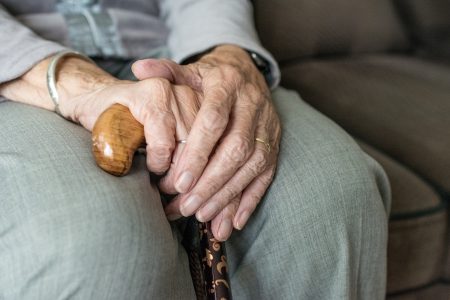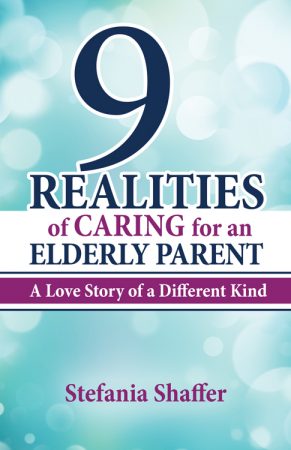 Did you get your KGO question answered on the Ronn Owens show about “9 Realities of Caring for an Elderly Parent”?
Did you get your KGO question answered on the Ronn Owens show about “9 Realities of Caring for an Elderly Parent”?
If you missed this radio show, here is the link for my interview on KGO NewsTalk 810: http://tinyurl.com/mnvwpve
Yesterday was an exciting day for me as the guest author on the Ronn Owens show. He has been the voice of SF Bay Area news for 39 years and his callers are loyal listeners. Their questions were intelligent and all included a sense of urgency wondering what we will all be faced with soon enough, “What to do when Mom or Dad can no longer care for themselves?”
I have received emails since the show that I will share here in case any other readers have the same situation. If you are aware of any other resources, please do reply to this blog so we can post your answer within. Additionally, I want to add a couple thoughts for callers who did make it on air, since radio moves so fast and my answers are limited before the next commercial break.
The first caller asked, “What can we do about the in-law who lives in a remote area with no family around?”
Answer: One of the biggest problems facing seniors is isolation. Their social circle is diminishing. They may be outliving their friends. They may not drive anymore and need to depend on others for rides to activities. As a senior ages, doctors’ visits increase. Even for a relatively healthy senior, there are many rotations for regular blood work, hearing checks, eye appointments (especially if macular degeneration is diagnosed), bone density tests (especially if falls are a pattern). Ailments progressing to specialists will only add to the constant running back and forth to doctors that becomes part of a routine in senior care management.
Does the remote area offer a good hospital, or would you need to drive two hours to get to the medical facility that would be treating the problem? If there are no relatives nearby, is there a good neighbor who is close enough to regularly check-in, or to notice the newspaper hadn’t been picked up in a couple of days. If your answer is no, and I honestly do not recommend putting the job of caring for your elderly relative onto a friend because of all that is involved, can you consider relocating to move in with your in-law? If a secure job would be lost, then have the hard conversation within the family, including the senior, of moving her into your home. Remaining with her own loved ones is less scary than moving into an assisted living facility, and a lot less isolating.
If you are raising children at home, you are part of the sandwich generation that is caring simultaneously for elderly parents while raising kids. That is a double whammy. There will be strain, but in the end, the privilege of caring for your elderly parent and knowing you did everything possible to keep her safe, healthy and happy will certainly help you sleep better at night.
An email I received after the show asked, “What can I do to help my alcoholic mother who refuses to leave her home, but cannot be alone because she keeps falling?”
Answer: This makes everything about caring for a senior doubly hard. An alcoholic in a fit of rage is not dissimilar to the Alzheimer’s patient who is throwing things and cursing at loved ones. Check Al-Anon in your area http://www.al-anonsf.org/ since they offer support to the family and loved ones of the alcoholic. They may even have suggestions as to how someone can spell you on your mom’s most difficult days. The email goes on to say how desperately son and wife need a break but are afraid to leave her. I know there are agencies http://www.seniorsathome.org/ that offer companionship to seniors on an hourly, daily, or weekly basis. They will not distribute medications, but can oversee that the senior has taken her pills if the dosage is already set aside in a cup. They will never be allowed to do any injections, so diabetics requiring help with insulin shots will not be a good fit for their services. Sleuth carefully. This is not a resource I have used. Are there any friends, neighbors, or church members who can get on a rotation of visiting so you can take the break you desperately seek and most definitely deserve?
Finally, making sure all of those legal documents are in order will be critical if you are to ever have control over health decisions on her behalf or paying for medical bills because of a broken hip from a fall. Look into these four: 1)Will; 2)Trust; 3)Durable Power of Attorney for Health (the Advance Health Care directive; 4)Durable Power of Attorney for Finances. Without these in place, the court will be making the decisions for your mother, not you.




 You moved home to care for your elderly parent, now what? Your answer is here.
You moved home to care for your elderly parent, now what? Your answer is here.